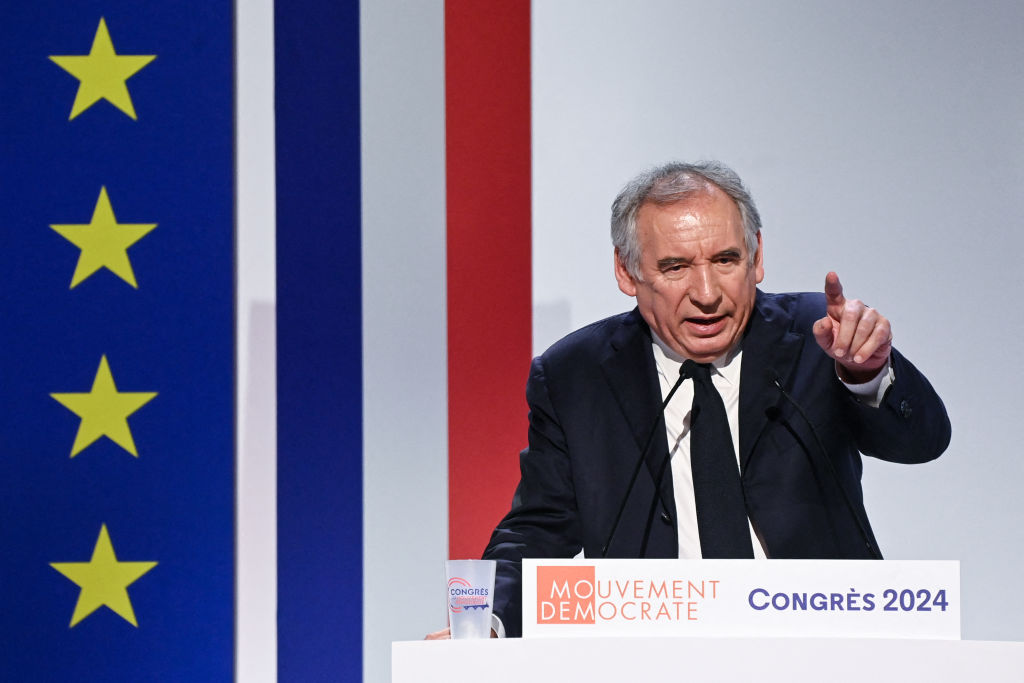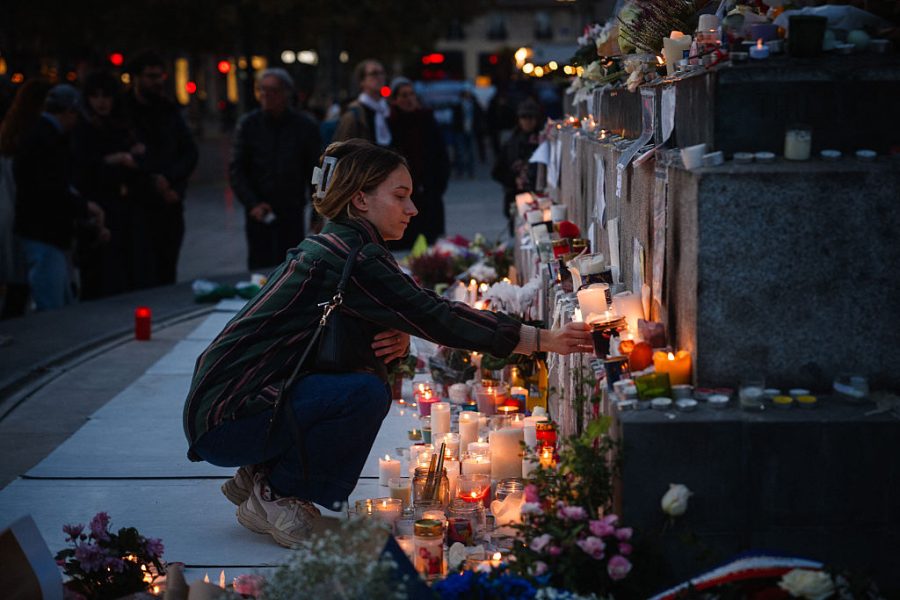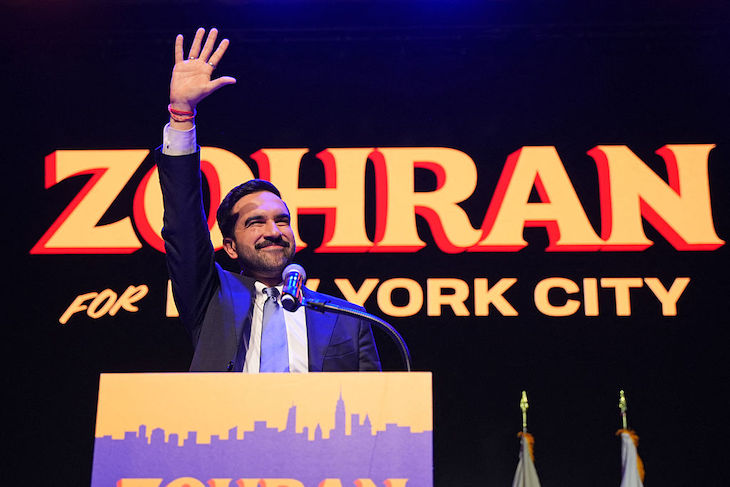Emmanuel Macron has appointed the veteran centrist François Bayrou as his fourth prime minister of the year.
First elected as an MP in 1986, Bayrou served as the minister for education in the 1990s under both the Socialist government of president Francois Mitterrand and the center-right Jacques Chirac. In 2007 he launched a Centrist party, Mouvement démocrate (MoDem), which rallied to Macron’s support in the 2017 presidential election, even though early on in the campaign Bayrou described Macron as the candidate of the “forces of wealth.”
Bayrou already has the left against him and Le Pen is prowling in the background
The seventy-three-year-old Bayrou was announced at lunchtime on Friday after a “tense” meeting earlier in the morning with Macron at the Élysée. Whatever was said between the two men appeared to have ended Bayrou’s chance of becoming PM, but according to reports the president had a change of heart after Bayou stormed out of the Élysée, and reopened negotiations.
Bayrou replaces Michel Barnier as premier, a man with whom he has much in common. Not only are the men of the same generation, they have a similar centrist outlook and, significantly, are open-minded when it comes to talking to Marine Le Pen’s Rassemblement National.
Barnier’s failing was that he didn’t talk enough to Le Pen, prompting her party to join the left-wing coalition last week in passing a vote of no confidence in his government.
Contrary to media speculation, Le Pen’s decision to bring down Barnier has not dented her popularity. On the contrary, a poll this week in Le Figaro had her as the front-runner in the 2027 presidential campaign. The popularity of Macron, on the other hand, continues to fall and he is now down to 21 percent, the lowest approval rating since he came to office in 2017.
The shenanigans this week won’t have endeared Macron to the French. On Tuesday he promised that a new prime minister would be named by Thursday at the latest. Thursday came and went, and late in the day the Élysée said the name would now be known on Friday morning. It was eventually revealed shortly before 1 p.m.
But there is a feeling that Macron has strung out this week as long as possible to remind the French who is boss. “He likes to remain at the centre of the game for as long as possible,” said Boris Vallaud, the parliamentary chief of the Socialist Party.
Speaking before Bayrou’s nomination, Vallaud advised the president against nominating him because it “would run the risk of worsening the political and institutional crisis that he himself has created.”
Speaking after Bayrou’s nomination, Mathilde Panot of the hard-left La France Insoumise said her party would table a vote of no confidence in the new PM as soon as possible.
Le Pen was also quick to respond to Bayrou’s appointment. “Mindful of the imperative need to protect the French, we are asking him to undertake what his predecessor was unwilling to do: listen to and hear the opposition in order to construct a reasonable and considered budget,” she wrote in a social media post. “Any other policy that would simply be an extension of Macronism, twice rejected at the ballot box, could only lead to deadlock and failure.”
Three months ago, Barnier stood on the steps of Matignon, the prime minister’s official residence, alongside his predecessor Gabriel Attal. Today Barnier has taken Attal’s place, handing over the baton to the next man brave enough to accept the most unenviable job in France.
How long will Bayrou last? Not long, in all likelihood. He already has the left against him and Le Pen is prowling in the background, ready to pounce if she judges Bayrou to be just the latest puppet of the president.
Bayrou must first name a government and then try and get next year’s budget passed as soon as possible. Time is not on his side. On Friday morning the governor of the Bank of France, François Villeroy de Galhau, appeared on breakfast TV. It was a bleak interview in which he laid bare the economic malaise inflicting the country. “There is a risk of France gradually sinking,” he said. “France, which was among the leaders in Europe, is slipping towards the bottom of the pack.”
He urged the new prime minister not to abandon the aim of returning to a 3 percent budget deficit by 2029 (it is currently 6.2 percent), and he said the 2025 budget must take a ‘significant step’ towards restoring public accounts.
Bonne chance, Monsieur Bayrou.


























Leave a Reply